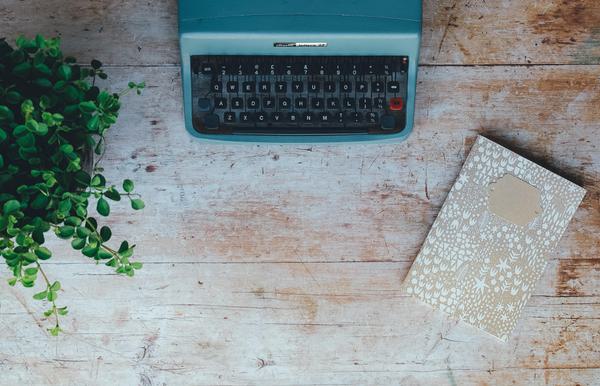‘Self-isolation’ is a major challenge to our normal way of life. Phoebe Hill offers practical wisdom on how to do it well, from her experience of living with chronic illness.
I’ve essentially been self-isolating since last October. After handing in my PhD thesis, I suffered the worst ME/chronic fatigue backlash I have experienced since getting ill seven years ago. I am fortunate in that I generally enjoy pretty good health, but the last six months have been a very different story; I’ve been very limited physically and socially.
How strange it is, therefore, to have everyone suddenly join me (and many fellow sufferers) in this odd way of life! While for healthy folk this is a new and drastically different kind of reality, a new way of small living that will carry new griefs, if anything my life has increased in the last few days, and I am more able to participate in the social world than before. It is very disorienting to be so out of step with everyone else.
Along the way of living a socially isolated and small life, I’ve picked up a few things about how to get by and stay hopeful. I have no doubt that there are (or will be) hundreds of other blogs like this, from greater experts than me. Equally, I am a young (ish) childless introvert, and for those who are older (or more seriously unwell), for the extroverts, and for those with children - isolation is going to be a wholly different experience. But for what it’s worth, here are my top tips.
*The suggestions below are for those healthy and able to do them. Obviously, if you are unwell, there is nothing to do but wait and rest until you are recovered.
1. Get dressed and get out of the house every day
Sitting at your laptop in your dressing gown may feel good for the first day, but quickly starts to feel awful. Try to get dressed in the morning and start the day with purpose, even if you aren’t going anywhere. If you are able and well (and the country isn’t on lockdown) try to get out of the house every day for a walk.
2. Find some mindless tasks
There’s nothing like an ongoing project to occupy time. Whether it’s painting that room you haven’t got round to, putting photos in a photo album or doing some gentle craft – it’s great to have an ongoing project that isn’t screen-based, doesn’t require much mental capacity, and can give you a small sense of achievement at the end of the day.
3. Find a structure
The rhythms of daily life become very important if you’ve got nothing to give your life structure. Try to make a rough plan for how you will do your days. I like to start the day with a quiet time and then a bath, and have definite times for coffee breaks, lunch, tea time and dinner. Given that every day may feel more of less the same, try to find ways of distinguishing weekends from work days.
4. Find ways to celebrate with rituals
Something we (my husband and I) love to do is have a proper tea pot at tea time. It may be a very small kind of celebration, but it gives a bit of ceremony to an otherwise empty afternoon. We will probably do this daily now that we are both working from home. Perhaps you could plan to have a celebratory tea time, a special meal with others in your household at the weekends, or make yourself a fancy kind of cocktail.

5. Pace yourself
Every man and his dog wants to have a zoom with you right now. But remember to pace yourself! Try to see your digital hangouts as you would face-to-face meet ups: distribute them throughout your week so that you have social activities to look forward to.
6. Keep good work/life boundaries
This will be ESPECIALLY difficult now that your home is your everything – your work, rest and play – and now that your personal phone may also be a work phone. But try, where you can, to be disciplined about when and how you are contactable by work and ideally do regular hours to ensure you have good rest in the evenings. Don’t just fill the space that has opened up with more work to give you a sense of purpose… find other hobbies and ways to entertain yourself!
7. Try to keep your living space clean
If you live in a small flat (as I do) with no outside space, your world has suddenly become very small. Now is the time to stay on top of the dishes, the laundry and the tidying, particularly if (like me) the cleanliness of your home hugely affects how you feel. Try to create designated spaces for different activities, and utilise all of the space in your home (or in your room if you are having to self-isolate with symptoms) for different things. Given that we don’t have enough space for separate work areas, my husband now has a cabinet which is his ‘work zone’. It may sound silly – but it’s somewhere to put his laptop and work things at the end of each day, and means he won’t be leaving work things in the living room when we are trying to relax in the evening.
8. Fulfil your (small) dreams
Ever wanted to learn to bake? Now is the time. Ever wanted to slow roast a lamb, but haven’t been at home for 24 hours? Now is the time. Ever wanted to finish that novel? Now is the time. Try to think positively about the next few months as time that you have gained to work on personal projects.
9. Keep perspective
This too shall pass friends. Although it’s going to be a struggle for many of us, there will be a time in the future when life resumes. I pray, from the wonderful hymn Great is Thy Faithfulness, that you and I will know ‘Strength for today and bright hope for tomorrow’.








